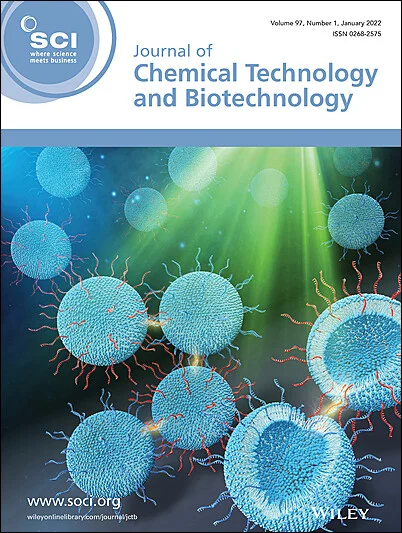Effect of carbon support on the electrochemical performance of Pt-based anodes for bio-alcohol fuel cells
Abstract
BACKGROUND
Direct alcohol fuel cells (DAFCs) are promising energy conversion devices, but their broader application is limited by slow kinetics of alcohol oxidation, catalyst poisoning, and high cost of Pt-based materials. In the present study we investigate the impact of different carbon supports, specifically graphene nanoplatelets (GNPs) and carbon black (Vulcan XC-72), on the electrochemical performance of Pt-based anodes. Additionally, we investigate ternary PtRuSn catalysts, where the incorporation of Sn is intended to enhance catalytic performance while potentially reducing costs through the partial substitution of Ru.
RESULTS
Catalysts were synthesized using the wet impregnation method, and their structural and electronic properties were thoroughly characterized using a variety of analytical techniques. Catalysts supported on GNPs exhibited smaller metal particle sizes and enhanced catalytic activity compared to those supported on Vulcan XC-72. Electrochemical analysis (CO stripping, cyclic voltammetry, and chronoamperometry) revealed that the GNP-supported catalysts demonstrated lower onset potential, higher electrochemical active surface area, and higher current densities during alcohol oxidation. Notably, the PtRuSn(5:4:1)/GNPs catalyst exhibited the highest activity for ethanol and glycerol oxidation, highlighting the role of GNPs in enhancing both the stability and catalytic performance.
CONCLUSION
Overall, the findings indicate that GNPs can function as a highly effective support for anode catalysts in DAFCs, enhancing dispersion and stability. The use of ternary PtRuSn catalysts appears promising for improving alcohol oxidation while offering a more balanced approach to performance and material cost. These insights could contribute to the development of more efficient and economically viable fuel cell technologies. © 2025 The Author(s). Journal of Chemical Technology and Biotechnology published by John Wiley & Sons Ltd on behalf of Society of Chemical Industry (SCI).


 求助内容:
求助内容: 应助结果提醒方式:
应助结果提醒方式:


